#HandsOffOurRights: Marie Claire editors unite around the fight to protect women's rights
Here are 6 reasons why you should get on board this International Women's Day and make your voice heard
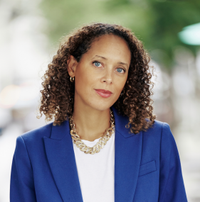
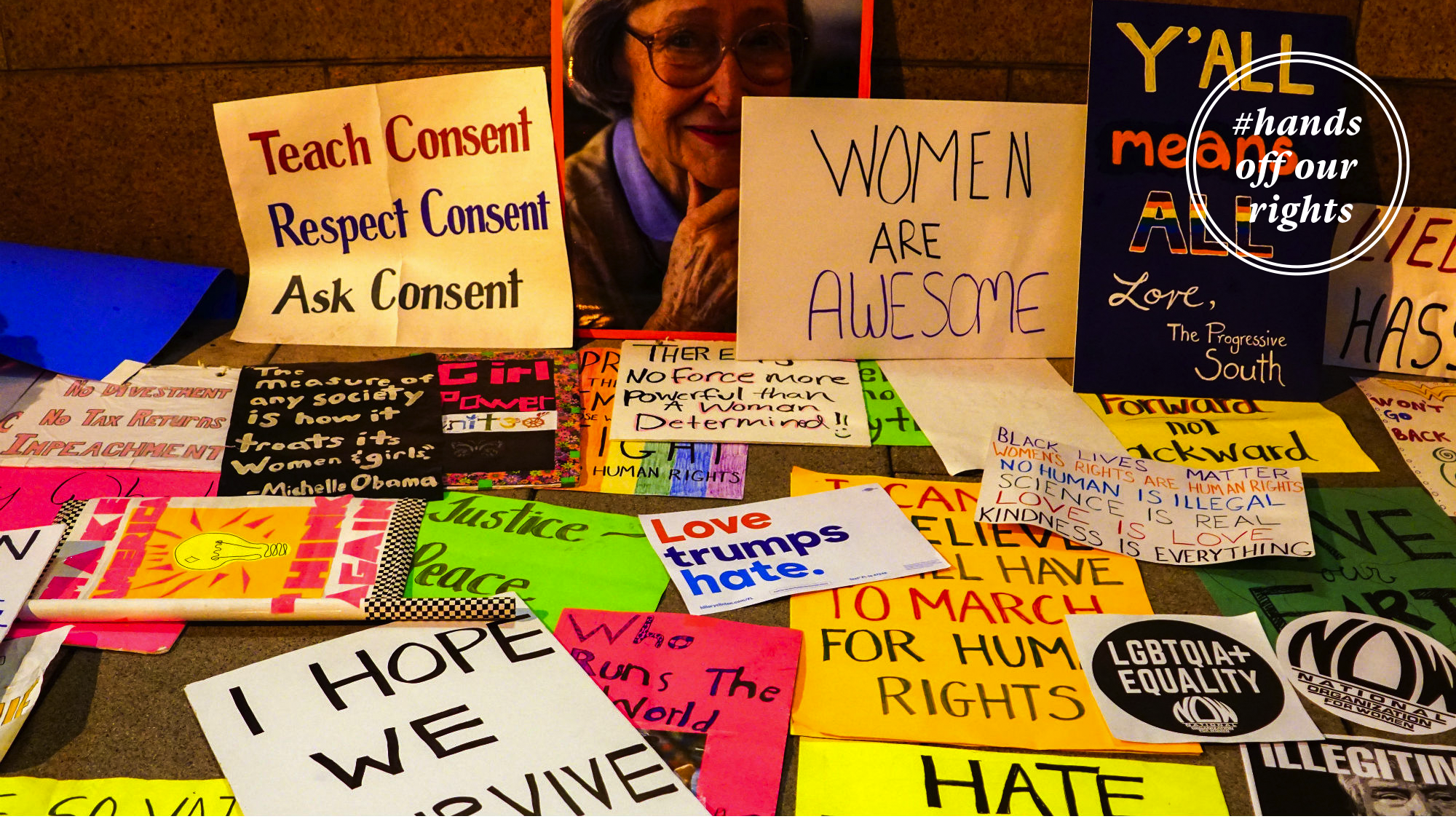
Celebrity news, beauty, fashion advice, and fascinating features, delivered straight to your inbox!
You are now subscribed
Your newsletter sign-up was successful
Here are 6 reasons why you should get on board this International Women's Day and make your voice heard
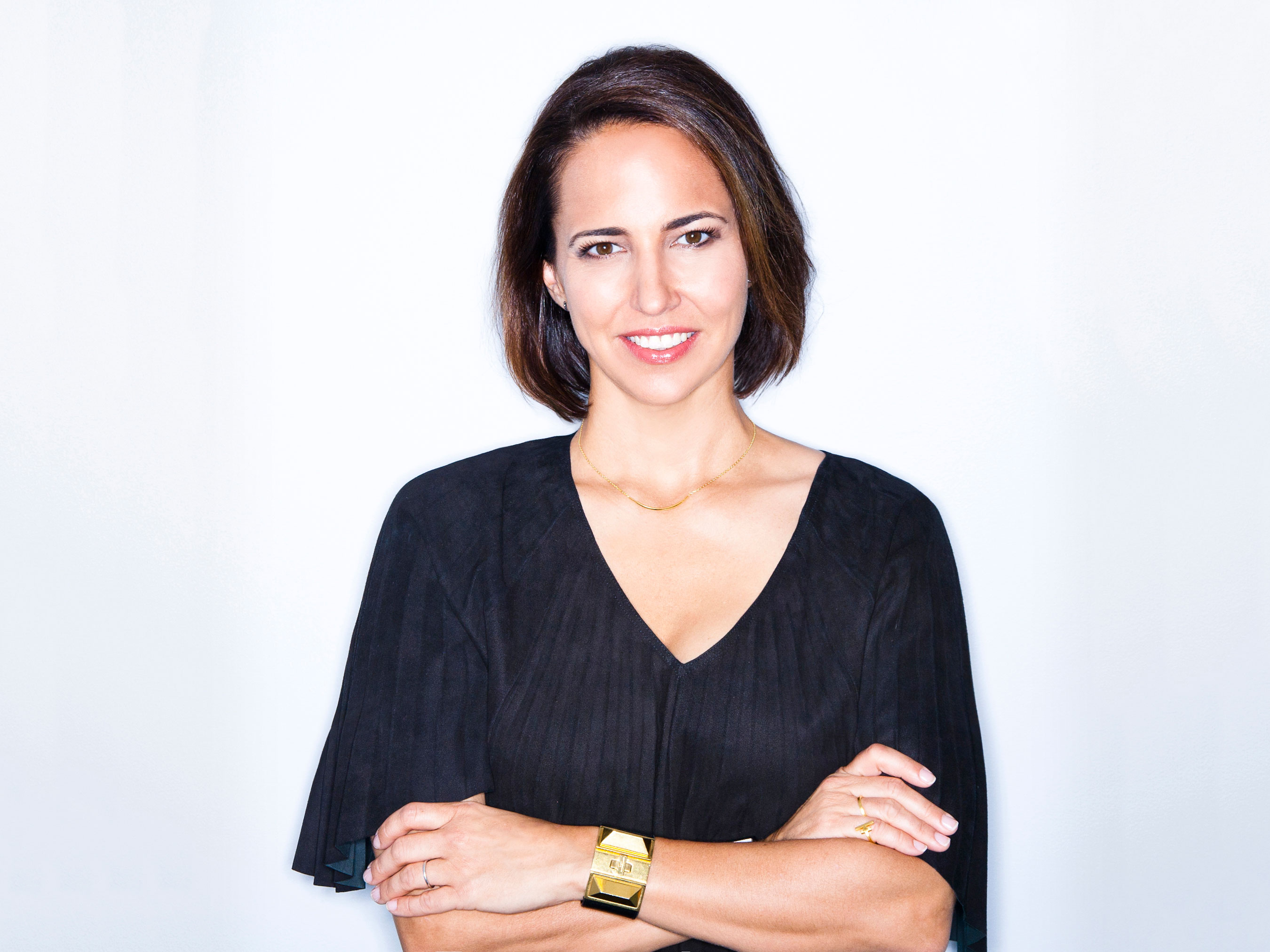
Anne Fulenwider, Editor in Chief, Marie Claire US
‘In 2016, US state governments enacted 46 abortion restrictions, adding to the 288 anti-abortion laws passed between 2010 and 2015 – the most in any five-year period since the procedure was legalised in 1973.
‘The litany of legislation includes proposals that would ban abortions as early as six weeks and establish fetal personhood (giving fetuses the same rights at conception as people).
‘Women’s rights groups predict Republican state legislatures will submit an unprecedented number of anti-abortion laws in 2017, while the Trump administration vows to overturn the Affordable Care Act, putting contraceptive access and affordability at risk. Marie Claire US is deeply concerned. We must fight this unprecedented attack on our reproductive rights.’
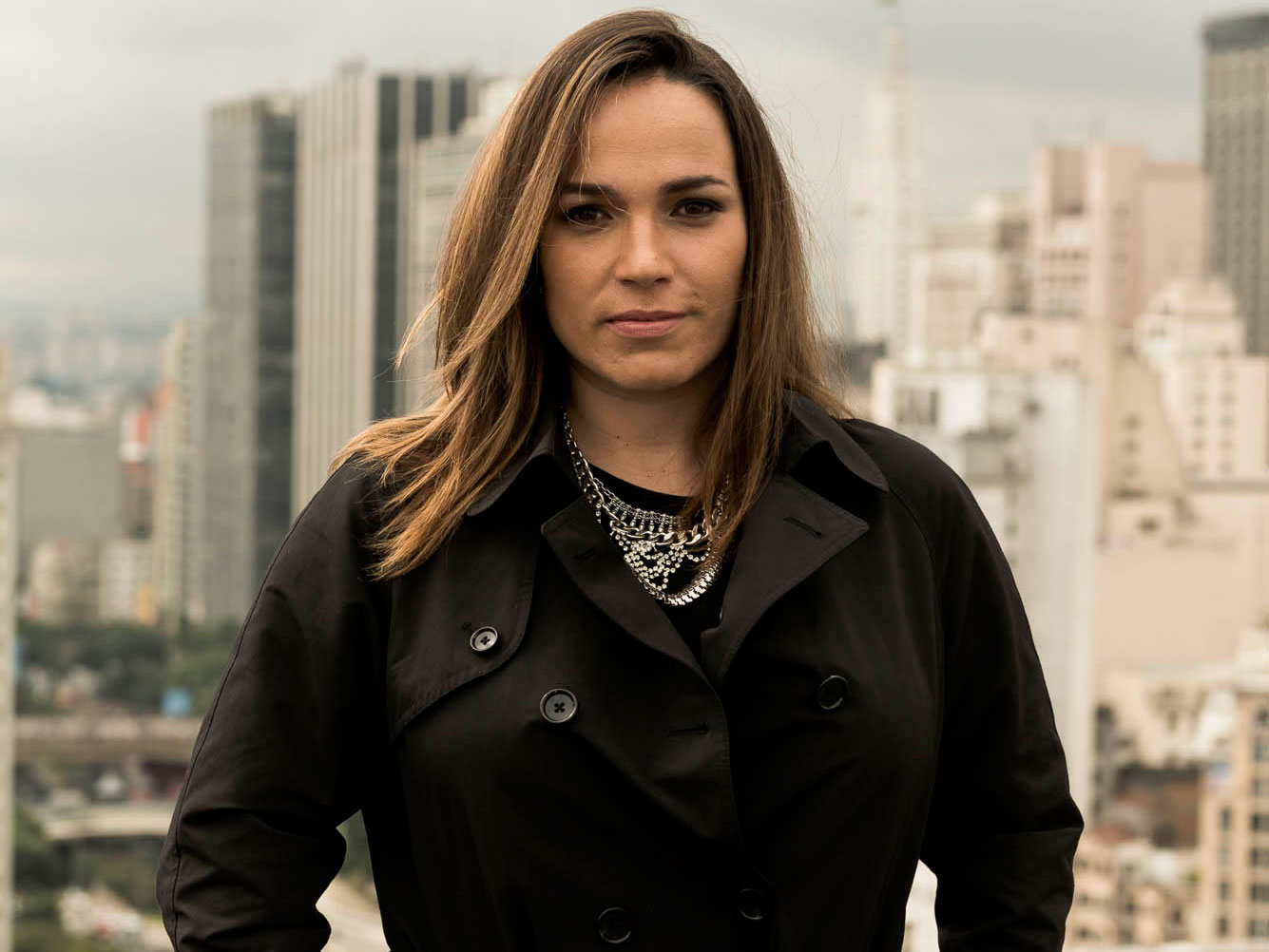
Marina Caruso, Editorial Director, Marie Claire Brazil ‘In Brazil, women do not have the right to control their own bodies. Abortion is considered a crime, with the exceptions of when a pregnancy threatens a woman’s life, is a result of rape, or when the baby has anencephaly.
‘Since the 2014 election, some politicians have become intent on making legal abortion even more difficult. Facing this retrograde scenario, I think it’s time to stand up and raise awareness about women’s reproductive rights in Brazil. We need to tell governments to stop limiting women’s power.’
Celebrity news, beauty, fashion advice, and fascinating features, delivered straight to your inbox!
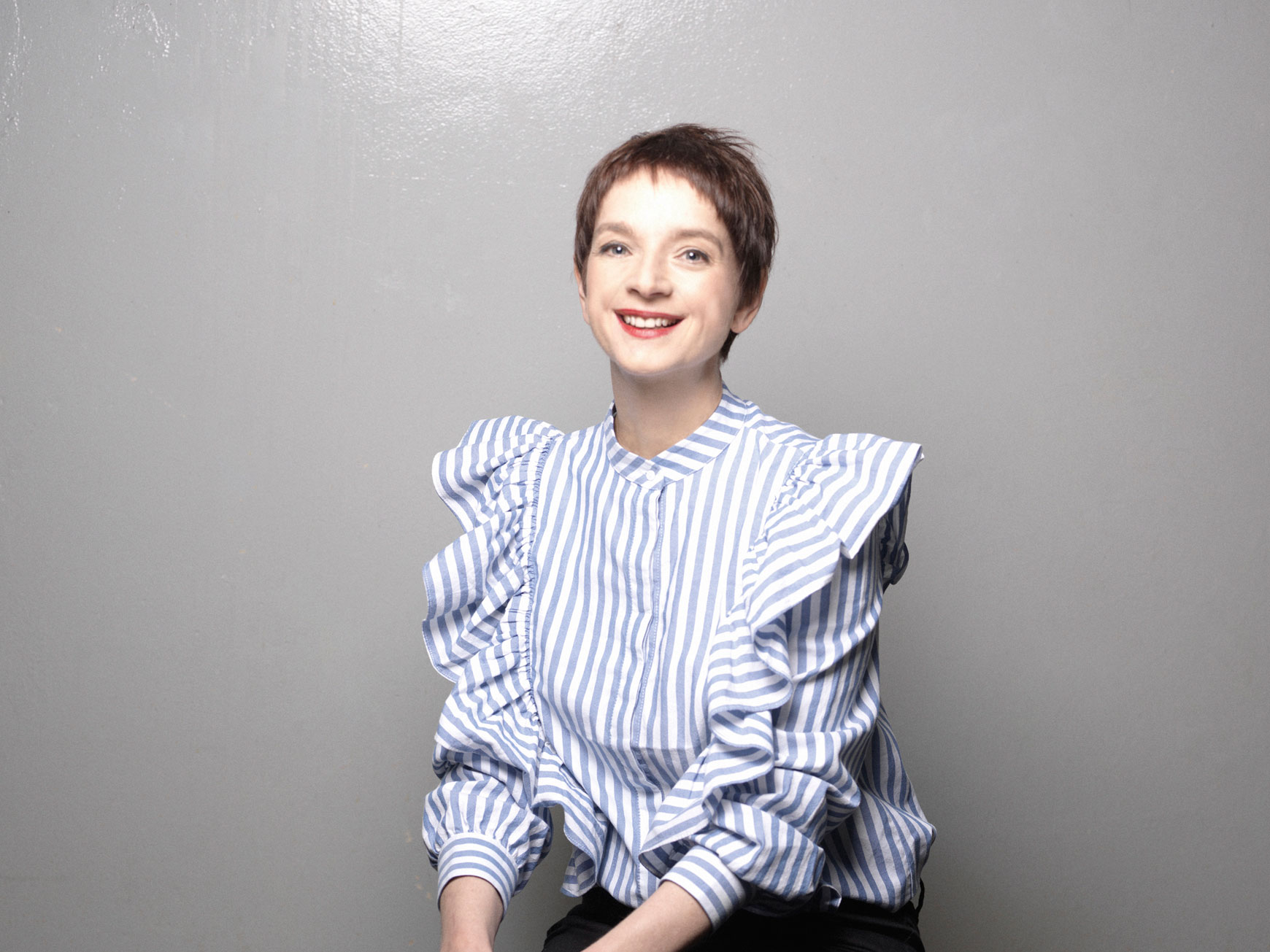
Jackie May, Editor, Marie Claire South Africa ‘The South African constitution promises equality, dignity, and the right to make our own decisions about reproduction. Those promises are important, critical even. But so, too, is the gap between these promises and the realities in which we live.
‘Although our reproductive rights are legally protected, women’s actual choices are shaped at least as much by social prejudices and violence, especially sexual violence.
‘In 2014, the police recorded over 43,000 rapes. Those stats can’t tell us how many women went to police stations and were turned away. Nor how many women didn’t even try to report it. But we do know that about 150,000 women a year have illegal and dangerous abortions.
‘Attitudes need to change. We are committed to spreading advice about our rights and where to get help.’
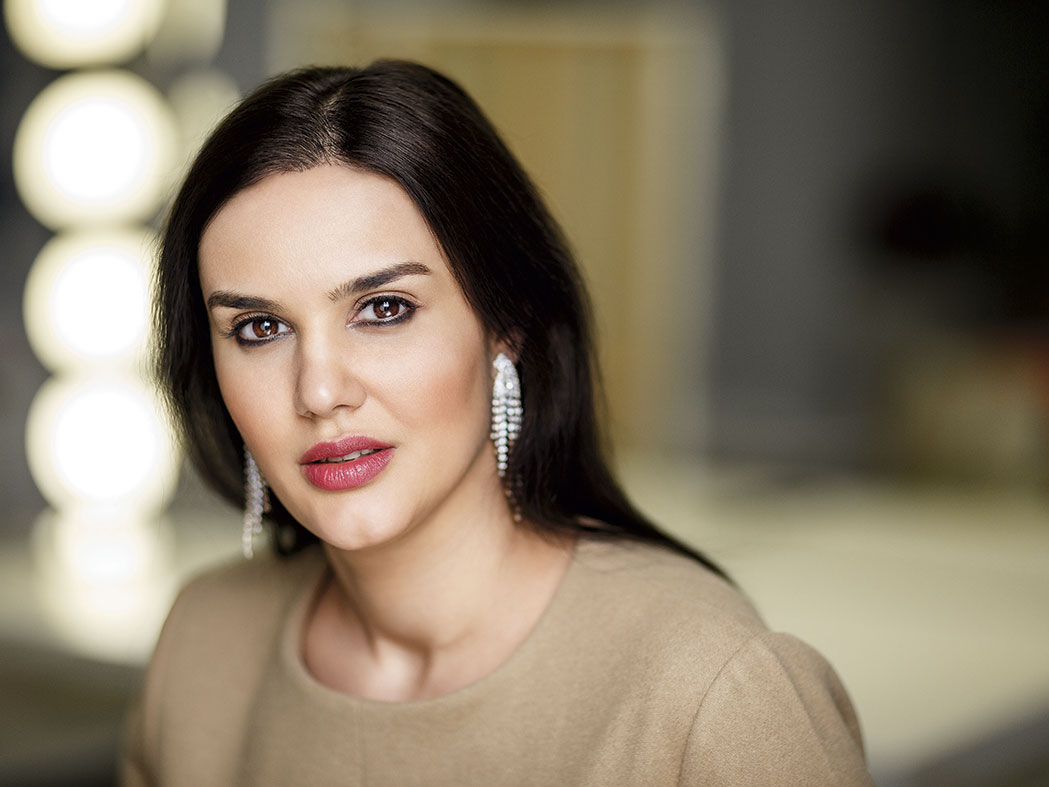
Mara Coman, Editor in Chief, Marie Claire Romania ‘I watched the protests in Poland last year with sadness as women took to the street to demonstrate against the government’s plans to make abortion illegal. It seemed astonishing that in 2016 anyone would want to restrict women’s rights, sending us back in time to an era where so many women died because they didn’t have autonomy over their bodies.
‘In 1989, when the revolution brought the end of communism to Romania, I was just ten years old. In the communist era, abortion was a crime, sex was acceptable only after marriage, and there was no contraception at all. As a result, women self-aborted at home. Most became ill; many died in agony. We must not let them drag us back.’
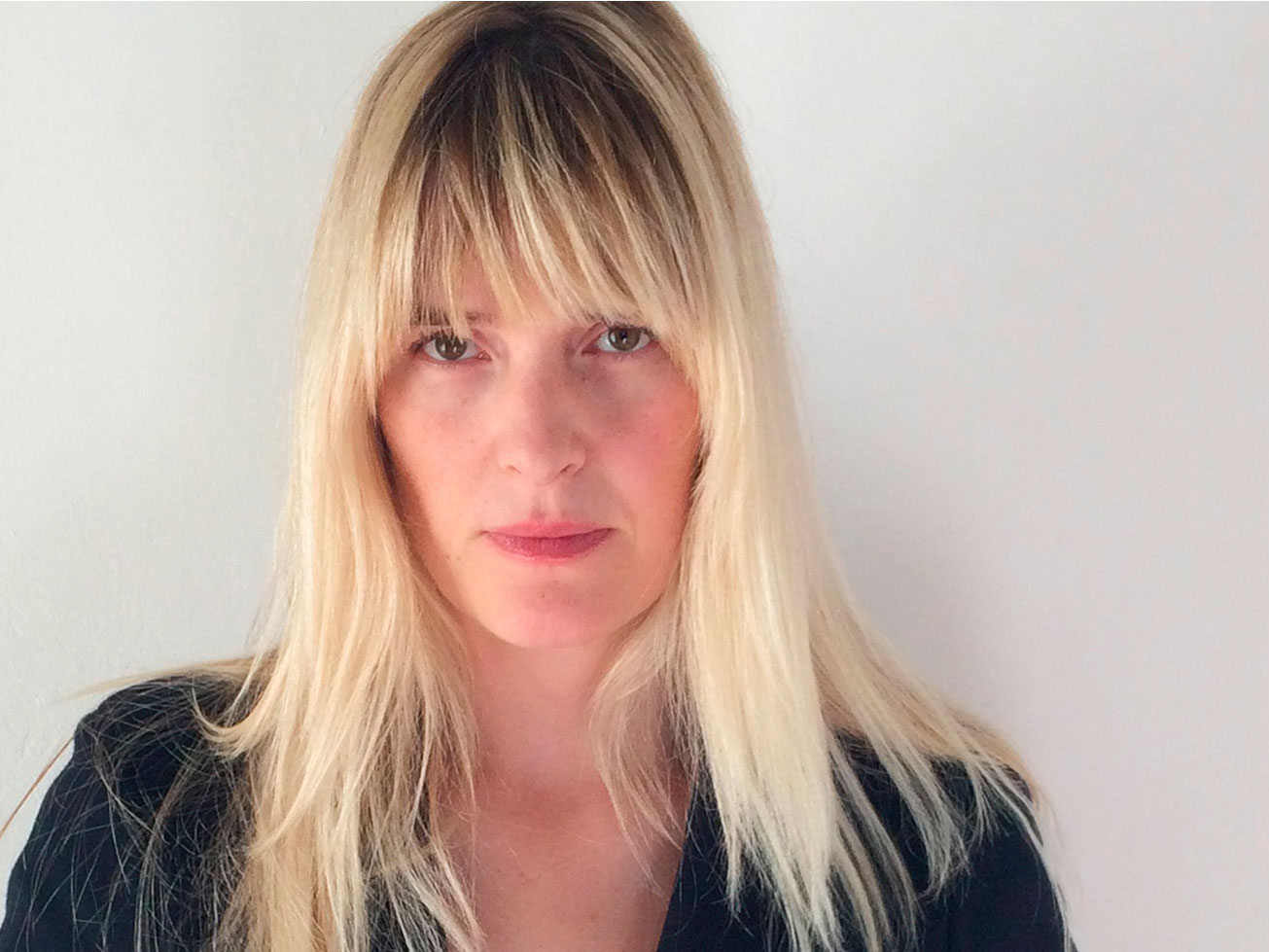
Marianne Mairesse, Editor in Chief, Marie Claire France ‘We are currently in an election period where some candidates are calling women’s rights into question: Marine Le Pen may not be against abortion but she is opposed to it being funded. Republicans aim to return to a law where assisted reproduction and adoption rights remain strictly reserved for infertile heterosexual couples.
‘In France, single women do not have access to assisted reproduction. Surrogacy is also prohibited. The rise of religious fundamentalism is now being felt, too. Our job is remaining vigilant and we plan to interview all candidates for the 2017 presidential election, asking each of them to disclose their position on women’s rights.’
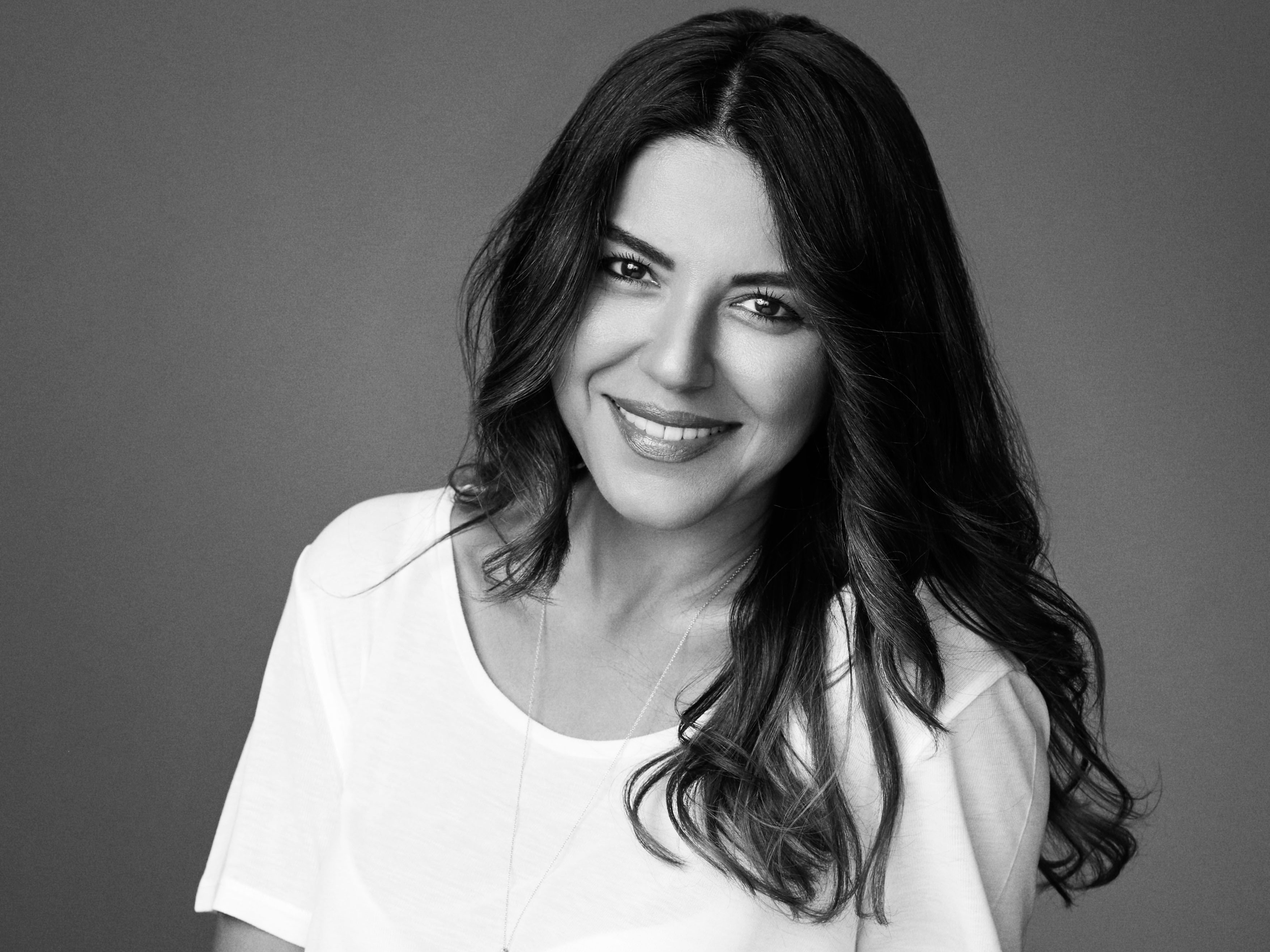
Hande Tokmak, Editor in Chief, Marie Claire Turkey ‘In Turkey, there’s a common phrase about being a woman: ‘‘difficult to live’’. No matter how hard we fight patriarchal ideology, the brutal reality of life means that four in ten women are exposed to violence. We are ruled by democracy, yet even in Istanbul, Ankara and Izmir, women’s rights are threatened daily.
‘Recently, a law was drafted by the government legitimating the marriage of girls under 18 to their rapists. It was withdrawn after a public outcry, but while our government has this attitude, we can’t expect equality.
‘Despite this, women are still standing strong, fighting for success and pushing their limits.’
#HANDSOFFOURRIGHTS

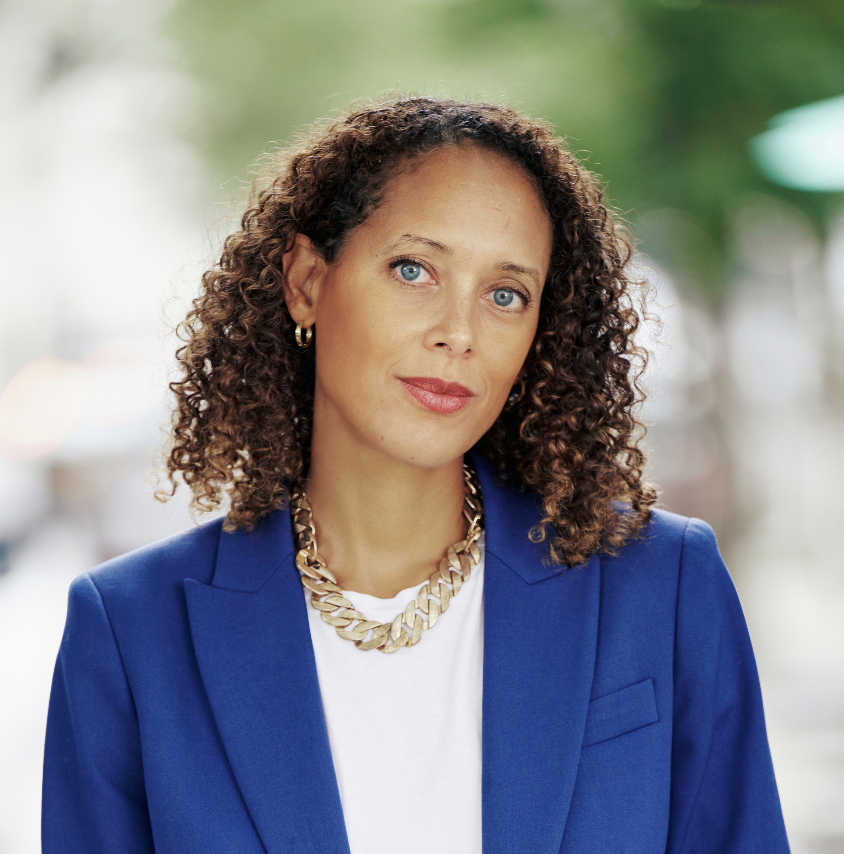
Andrea Thompson is Editor in Chief at Marie Claire UK and was named by We are the City as one of the UKs top 50 trailblazers for her work championing gender equality. She sits on the committee of the British Society of Magazine Editors where she acts as Chair.
Andrea has worked as a senior journalist for a range of publications over her 20 year career including The Sunday Times, The Guardian, The Daily Mail, Channel 4, Glamour and Grazia. At Marie Claire UK, Andrea oversees content, strategy, events and campaigns across fashion, beauty and the brand's purpose pillars. Follow her on instagram at @andreacanwrite